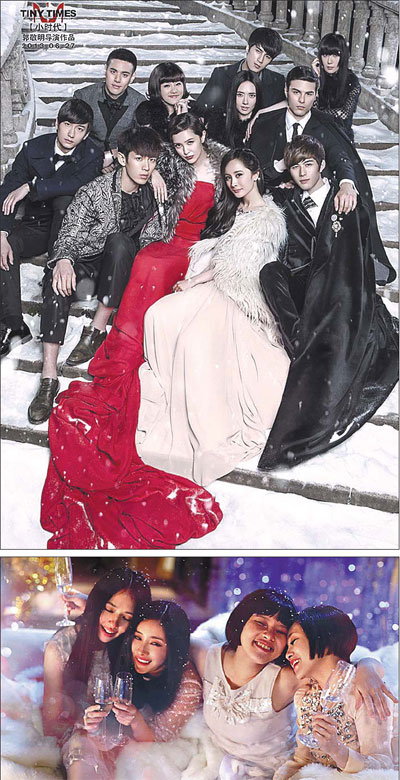Lowdown on the high life
Updated: 2013-06-26 07:41
By Liu Wei (China Daily)
|
||||||||
|
Guo Jingming has long been a successful writer and businessman, and he is now attempting to enter the world of filmmaking. Jiang Dong / China Daily |
Limelight | Guo Jingming
A new film based on a best selling author's novel idealizing materialist lifestyles reflects his super-rich value system - or does it? Liu Wei reports in Shanghai.
It's no secret China's best selling writer Guo Jingming leads a luxurious life - and he has made sure that's public information. His story resembles those of his 15 novels, the latest of which sold 1.4 million copies in two months. His books are full of fantasy and romance, with idealism occasionally conflicting with materialism - but not enough to stop the constant mention and wearing of Louis Vuitton, Hermes and Dior.
The 30-year-old writes and has directed a film about themes borrowed from his experience. The film Tiny Times, adapted from the first installation of his namesake literary trilogy, will premiere on June 27.
The title correctly suggests the movie doesn't delve into grand historical reckonings or social transformations.
Rather, it falls somewhere between Gossip Girls and Sex and the City - minus the sex.
The film follows four college girls' love lives and budding careers in Shanghai. It presents larger-than-life scenes, starring the sexiest young divas. The characters study in a palace-like college, and their dormitories are like princesses' fortresses. At least two characters sleep with a blanket emblazoned with Hermes logos.
While fantastical in presentation, Guo's vision is pragmatic in approach.
"Surveys show China's filmgoers are aged 21 on average - two years younger than last year," he says.
"And this is only the average. So you can imagine how many are even younger. Film audiences are changing but the films aren't. It's the elephant in the room you pretend not to see."
Guo is a self-confessed pop writer of flamboyant fictions. He admits such works as those of China's Nobel Prize-winning author Mo Yan frustrate him, but those born after the 1980s and '90s vote for him with their wallets.
Guo ranked No 4 on the 2012 Rich Chinese Writers List, earning 32 million yuan ($5.2 million) that year - the sixth consecutive year he was placed among the top five.
On June 16, he sat with 300 fans, who won the chance to watch the film nine days before its national release through an online campaign. Guo developed the marketing strategy himself.
The opening credits showed his name under three titles - director, scriptwriter and original story author. The audience screamed.
That made him "happy and proud", he says.
"My readers and I grow together."
Guo refutes some critics' barbs against the film's portrayals of materialism that followed the screening.
"Our fathers and grandparents wore the same styles of clothes, and the length of their trousers were the same," he says.
"Survival was an emergent phenomenon for them. But we don't have to face this anymore. Materialism is the reality the younger generation lives with."
He points to a lamp in his living room, which is bedecked with giant oil paintings, crystal chandeliers and stone sculptures.
"This lamp is 60,000 yuan, and the chandelier is 700,000 yuan, but I shop online, too - I send the link to my assistant, and he buys for me."
Guo leaps up to snatch a horse sculpture from the other end of the room.
"This is only 180 yuan," he says.
Holding a deer figurine, he adds: "This is 150 yuan."
"They aren't from any brand but represent my aesthetics. So I buy them. I'm not telling my audiences to be luxury products' slaves. I encourage fans to appreciate and use them. My philosophy is very different."
But will youth catch the subtleties of the film, in which a magazine intern owns Prada bags and a young columnist lives in a 200-square-meter apartment in Shanghai?
"This film will certainly raise great controversy, but that's OK," Guo says.
"Then, people will talk about it."
Guo believes filmmaking is not more high-brow than his literary agency and magazine. He says his role in the movie is that of project manager - although his on-set workforce of 300 is about five times that of his company.
"I have supreme control over this project but must compromise every day," Guo says.
He recalls using connections to rent a posh and difficult-to-obtain Shanghai venue for three days, but the actress caught fever in Taiwan. Her late arrival meant they had to shoot a daytime scene at night. So, cranes dangled massive amounts of lighting equipment from about 50 meters away.
"It will never be as natural as scenes actually shot in daylight, but that just has to be accepted," Guo says.
He understands accepting that, which is great but not "perfect".
He's often derided online for his 1.5-meter height. A Shanghai theater launched a campaign in which people shorter than him could watch his film for half price.
"That's malicious," he says.
"But I won't argue. I was born this way, and I've earned everything I have. I did it with my own hands. Doesn't that say something?"
One thing Guo wouldn't say anything about is the 2006 plagiarism lawsuit he lost.
But his books continue to sell rapidly despite his legal problems. He has topped the annual bestsellers' list for eight years since 2003.
Instead, he steers conversation toward his film. Part of it was shot in his other central Shanghai residence set against the backdrop of the city's fifth-highest skyscraper, Plaza 66.
The metropolis serves as nearly all his books' backdrop. The city became his favorite since he moved there from a small town in Sichuan province 11 years ago, after he won the top prize in a national writing contest.
"It's the best and worst city," Guo says.
"It has everything one needs. But it also has the most yawning, despairing gap between the rich and the poor. It's a microcosm of our time."
Contact the writer at liuw@chinadaily.com.cn.
|
From top: Guo's film debut Tiny Times creates a dazzling fantasy for those born after the 1980s and '90s. Photos provided to China Daily |
(China Daily USA 06/26/2013 page9)

 S African worries about Mandela's condition
S African worries about Mandela's condition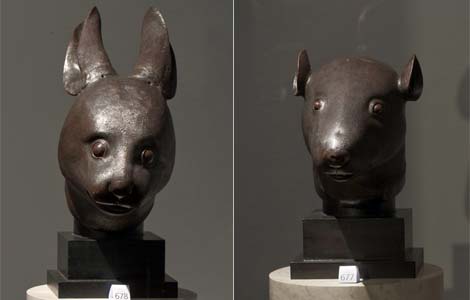
 Looted relics to return home this week
Looted relics to return home this week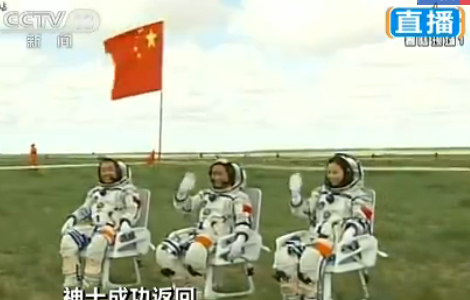
 Astronauts go out of Shenzhou X's return capsule
Astronauts go out of Shenzhou X's return capsule
 Djokovic, Williams, and China's Li win openers
Djokovic, Williams, and China's Li win openers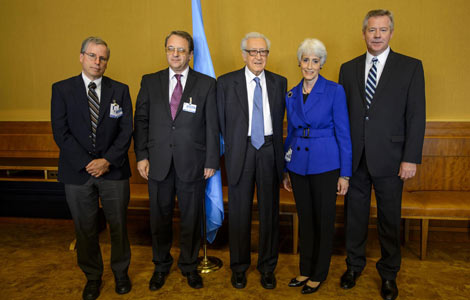
 Russia, US disagree plan for Syria talks
Russia, US disagree plan for Syria talks
 Cooling off, the traditional way
Cooling off, the traditional way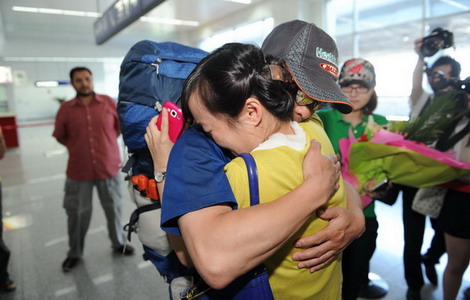
 Surviving climber safe at home
Surviving climber safe at home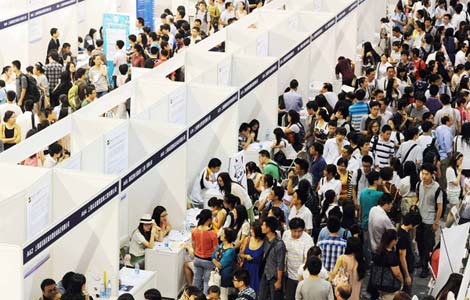
 Warning on college majors
Warning on college majors
Most Viewed
Editor's Picks

|

|

|

|

|

|
Today's Top News
US-China agree to boost corporate transparency
Global rating firm to rival 'Big Three'
New canal a lifeline for energy
China, EU hold human rights dialogue
Shenzhou X capsule makes successful landing
Americans struggle over smartphones on vacation
Public interests Party's top priority
Chinese market open to US pork, govt says
US Weekly

|

|

